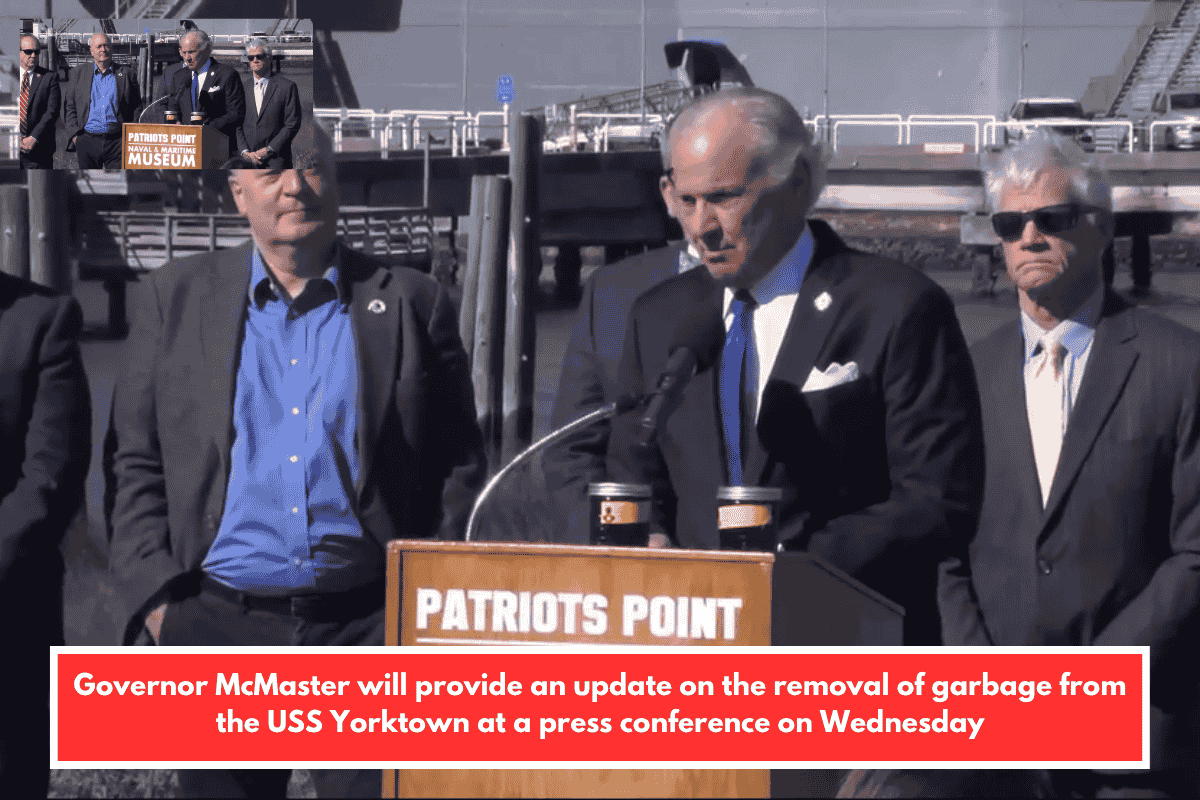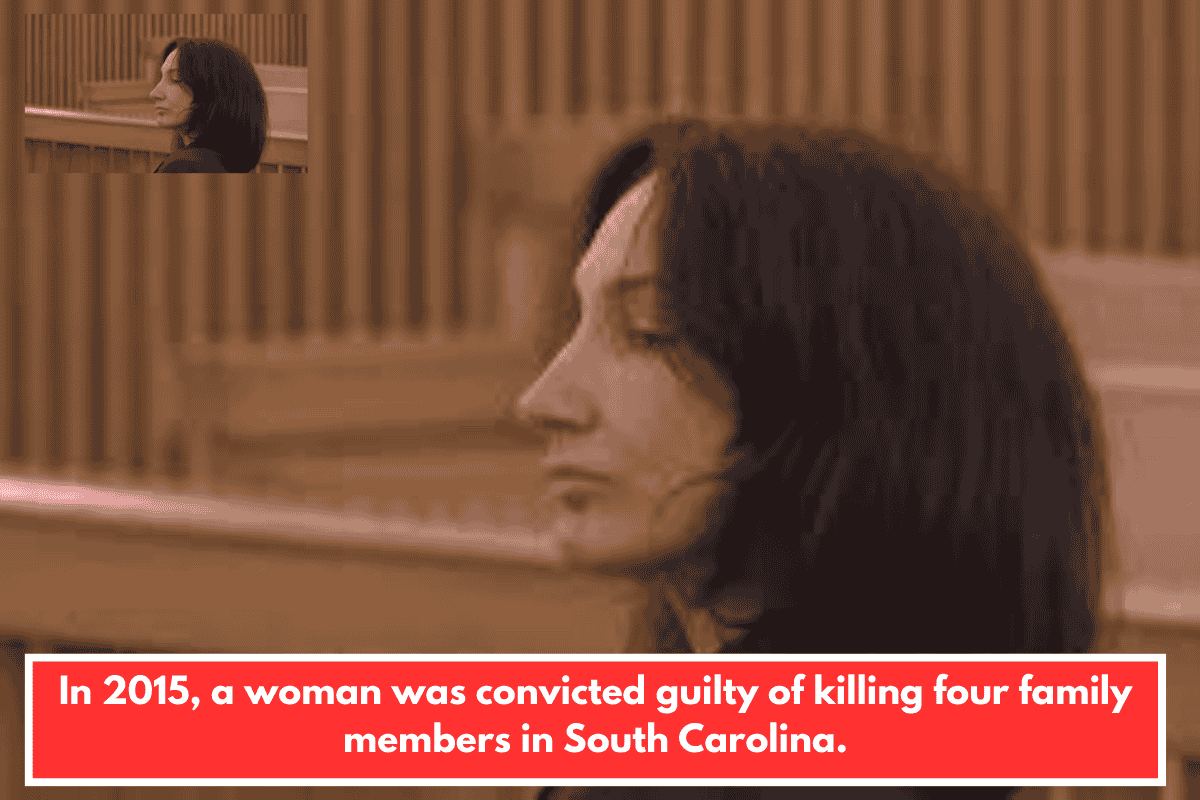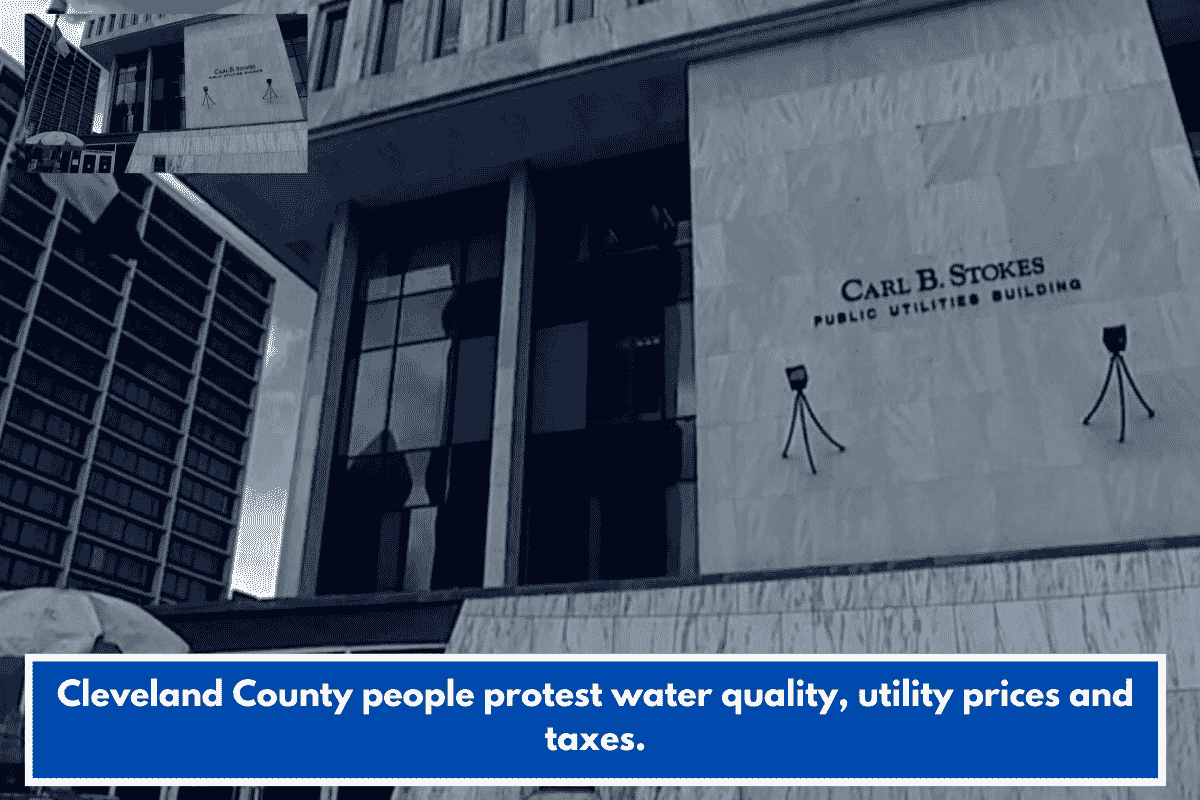Mount Pleasant, South Carolina. Gov. Henry McMaster and state officials will host a press conference onboard the USS Yorktown on Wednesday to provide an update on the ship’s ongoing remediation efforts.
The celebration will take place on November 12 at 11 a.m. aboard the iconic aircraft carrier at Patriots Point.
This news conference comes nearly nine months after McMaster and the South Carolina Office of Resilience announced that the remediation effort had reached its final stages. The purpose was to remove thousands of gallons of hazardous contaminants from Yorktown.
“Beginning the final phase of toxic waste removal from the USS Yorktown is critical to protecting the way of life in the Lowcountry,” McMaster told reporters in February. “Without disposal, this material poses a major threat to Charleston Harbor’s fragile ecosystem and the sectors that support it, such as commercial shipping and tourism. This initiative assures that our coastline is safeguarded.”
The project stems from McMaster’s 2022 Executive Order, which authorized the Office of Resilience to remove over a million gallons of harmful contaminants from Yourktown that were at risk of seeping into Charleston Harbor.
The Yorktown, an Essex-class aircraft carrier, was commissioned in 1943 and later upgraded to an attack aircraft carrier in the 1950s before becoming an anti-submarine aircraft ship in 1957. After being decommissioned in 1970, it was donated to the Patriots Point Development Authority and moved to Charleston Harbor in 1975.
When the Yorktown was decommissioned, the US Navy did not follow strict decommissioning procedures and instead made the ship available to South Carolina “as is” and “without warranty.” This includes the presence of potentially hazardous chemicals on board during the ship’s relocation.
In July 2022, McMaster asked the Office of Resilience to identify all toxins on the ship and devise a plan to remove them. The Yorktown Environmental Assessment and Remediation project received an American Rescue Plan Act State and Local Fiscal Recovery Funds grant of $10.7 million for Phase I and $18.9 million for Phase II, totaling $29.9 million.














